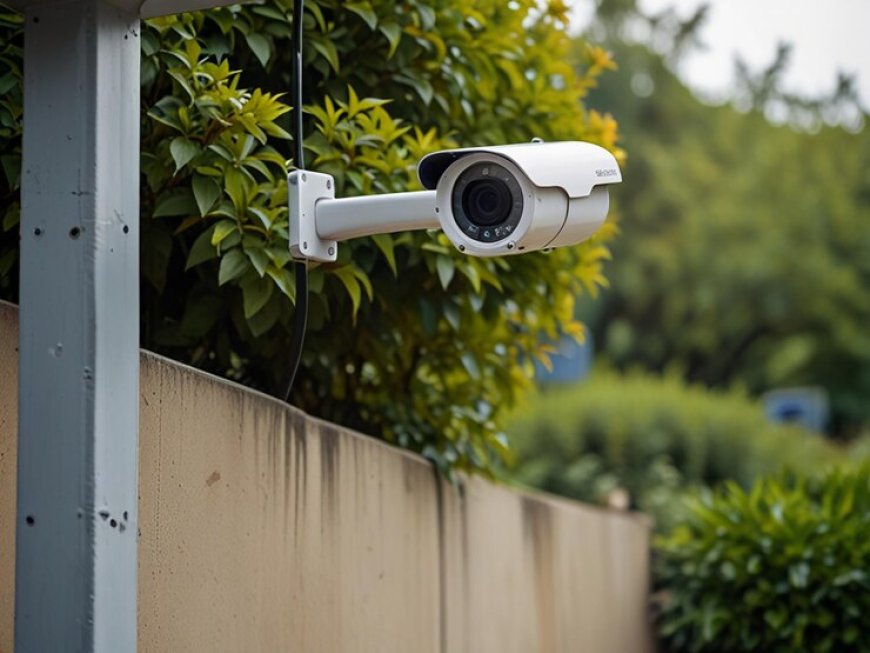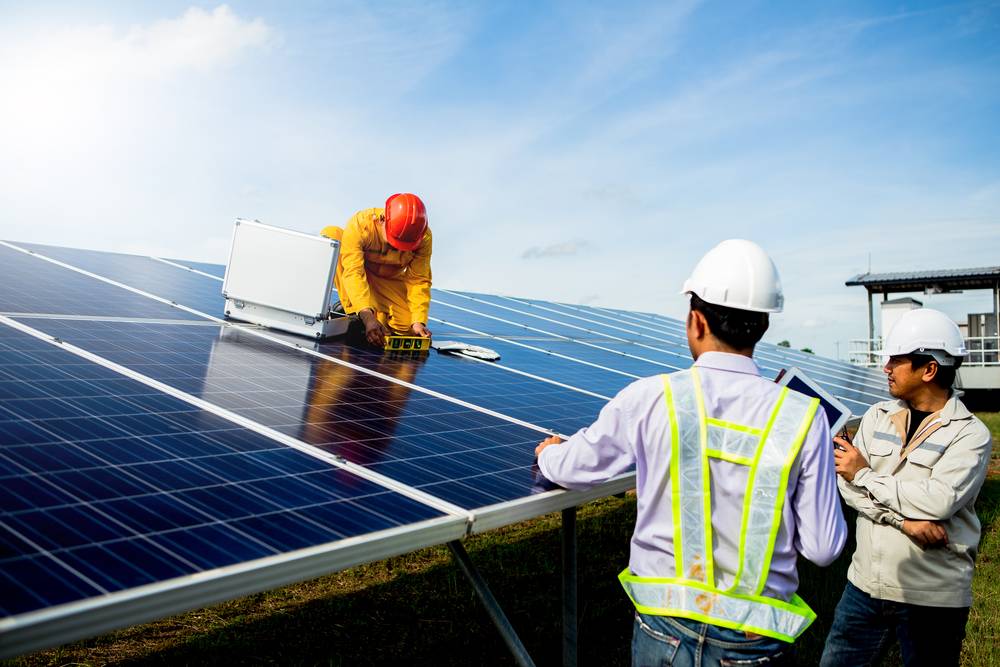Understanding CCTV Security Camera Systems: A Comprehensive Guide

In today’s world, ensuring safety and security is more critical than ever. A CCTV security camera system serves as a reliable solution for monitoring and protecting homes, businesses, and public spaces. This guide will provide an in-depth look at how CCTV systems work, their benefits, key features to consider, and tips for effective installation and maintenance.
What is a CCTV Security Camera System?
CCTV, or Closed-Circuit Television, is a network of video cameras used to transmit signals to a specific place, primarily for surveillance and security purposes. Unlike broadcast television, which sends signals openly, CCTV is designed for limited viewing. This makes it a crucial tool for both residential and commercial security.
Key Components of a CCTV System
A typical CCTV security camera system consists of several key components:
-
Cameras: These can be dome, bullet, or PTZ security cameras, each serving different purposes and environments.
-
Digital Video Recorder (DVR) or Network Video Recorder (NVR): This device records video footage for later viewing and can be connected to multiple cameras.
-
Monitors: Used for real-time viewing of camera feeds.
-
Cabling and Connectivity: This includes cables (like coaxial or Ethernet) to connect the cameras to the DVR/NVR and monitors.
-
Power Supply: Most systems require a power source for the cameras, which can be supplied through standard electrical outlets or Power over Ethernet (PoE).
Benefits of Installing a CCTV Security Camera System
Enhanced Security
One of the most significant benefits of a CCTV system is improved security. By deterring potential intruders and providing real-time surveillance, these systems can prevent theft and vandalism.
Evidence Collection
In the event of a crime, recorded footage can serve as vital evidence. This information can be crucial for law enforcement investigations and insurance claims.
Remote Monitoring
Many modern CCTV systems offer remote access, allowing users to monitor their property from anywhere using smartphones, tablets, or computers. This feature adds an extra layer of convenience and peace of mind.
Employee Monitoring
For businesses, CCTV cameras can help monitor employee activity, ensuring that protocols are followed and fostering a sense of accountability.
Insurance Benefits
Some insurance companies offer discounts for properties equipped with CCTV systems, recognizing the reduced risk of theft or damage.
Key Features to Consider
When selecting a CCTV security camera system, there are several important features to consider:
Resolution
The clarity of the video feed is crucial. Look for cameras with high resolution (1080p or higher) to ensure clear images, especially for identifying faces or license plates.
Night Vision
Many incidents occur at night, so having cameras with night vision capabilities can be essential. Infrared technology allows cameras to capture clear footage in low-light conditions.
Weather Resistance
For outdoor cameras, ensure they are weather-resistant or rated for outdoor use. This ensures durability and longevity in various environmental conditions.
Storage Options
Consider how you will store recorded footage. Options include local storage (like hard drives) or cloud storage for off-site backup.
Smart Features
Some CCTV systems come equipped with smart features, such as motion detection, alerts, and facial recognition. These features can enhance security by allowing immediate responses to suspicious activities.
Installation Tips for Your CCTV Security Camera System
![]()
Plan Your Layout
Before installation, plan the layout of your CCTV system. Identify key areas you want to monitor, such as entry points, driveways, or common areas.
Height and Angle
Mount cameras at a height that is out of reach for tampering but still provides a clear view of the area. Angle the cameras to cover the desired field without obstructions.
Wiring Considerations
Properly manage and conceal wiring to prevent tampering and maintain aesthetics. Use weatherproof cables for outdoor installations.
Test the System
Before finalizing the installation, test all cameras to ensure they are functioning correctly and capturing the desired footage.
Maintenance of Your CCTV Security Camera System
Regular Checks
Perform regular checks on your CCTV system to ensure all cameras are working correctly and the recording equipment is functioning. This includes checking for obstructions or dirt on the lenses.
Software Updates
If your CCTV system includes software, keep it updated to ensure optimal performance and security. Manufacturers often release updates to fix bugs and enhance features.
Review Footage
Periodically review recorded footage to ensure the system is capturing what it should and to familiarize yourself with the recorded environment.
Professional Servicing
Consider scheduling professional maintenance annually to inspect and service the system thoroughly. This can help identify potential issues before they become significant problems.
Conclusion
A CCTV security camera system is a valuable investment in safety and peace of mind. By understanding its components, benefits, and key features, you can make informed decisions about your security needs. With proper installation and maintenance, a CCTV system can significantly enhance the security of your home or business, providing you with the assurance that your property is protected.
Whether you're looking to install a new system or upgrade an existing one, take the time to evaluate your options carefully. The right CCTV security camera system can make a world of difference in how you protect what matters most.
Read more:
The Different Types of CCTV Cameras: A Definitive Guide
What's Your Reaction?






















